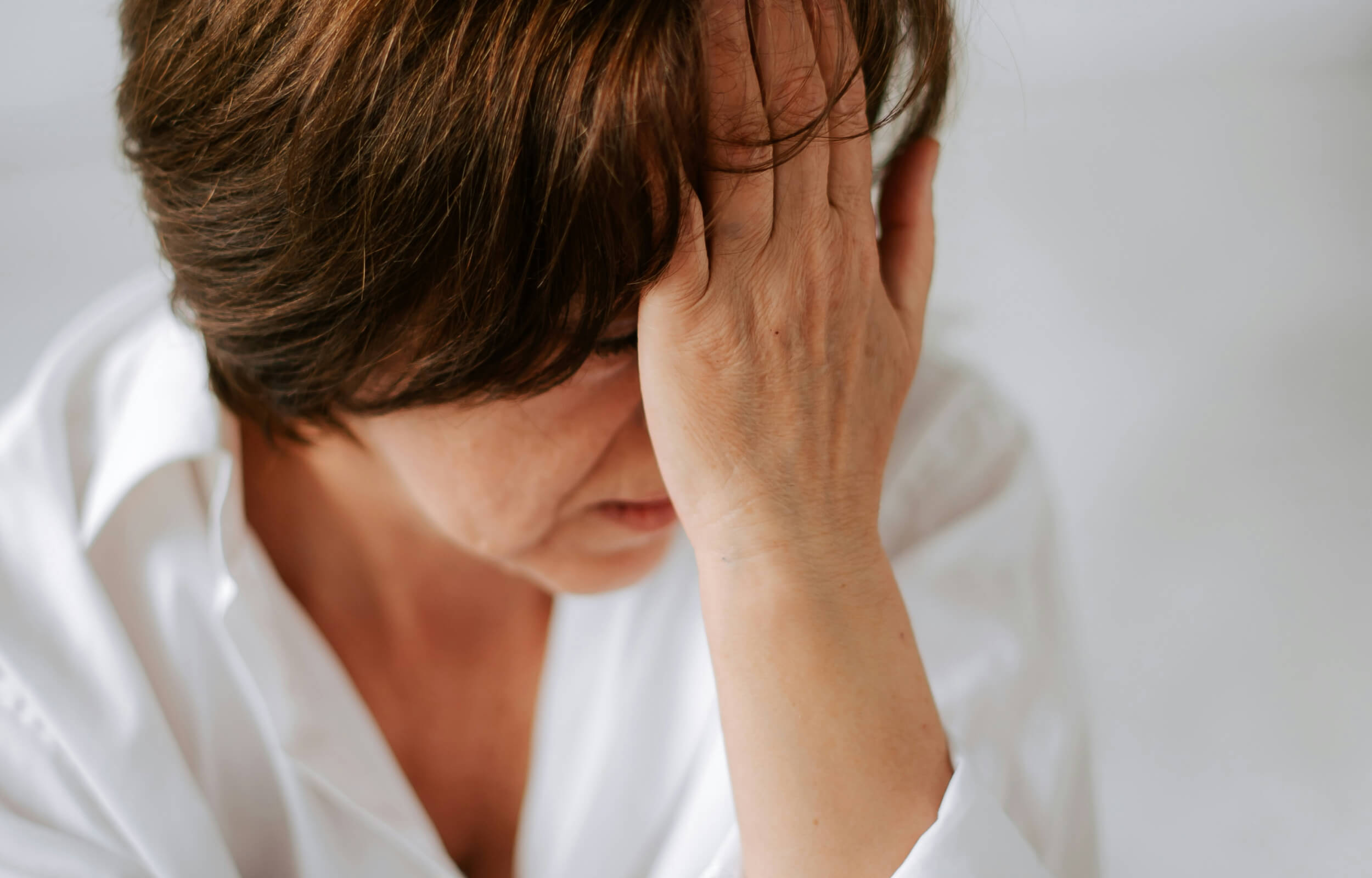Extra Vitamin D Won’t Protect Your Bones. What Now?

A major new study in the New England Journal of Medicine has reached a stunning conclusion: Vitamin D supplementation does not protect against bone fractures in older adults. For researchers and healthcare providers, this refutes long-held beliefs and raises pressing new questions about how to safeguard bone health in aging people.
Vitamin D has long been prescribed as a treatment against osteoporosis and the dangerous bone fractures it can cause. The prevailing theory was that vitamin D is necessary to absorb calcium and control bone-thinning parathyroid hormone levels. The current research, however, found no such benefits. In a population of over 25,000 people, those who took vitamin D supplements were just as likely as their counterparts to experience bone fractures. For many older women, this news comes as an unwelcome surprise.
“Things are now even more confusing for women,” says Dr. Alicia Jackson, Evernow's Founder and CEO.
“I think the major takeaway is that women should not assume that calcium and vitamin D will protect their bones—and they should be getting DEXA bone density scans to track their risk of bone loss and osteoporosis.” – Dr. Alicia Jackson
This position is echoed in an editorial published alongside the new research: “Providers should stop screening for [vitamin D] levels or recommending vitamin D supplements and people should stop taking vitamin D supplements in order to prevent major diseases,” the authors write. In other words, our current approach to vitamin D is a dead end. To prevent bone thinning and fractures, we need alternative tools.
This need is particularly urgent for people entering menopause, when estrogen and progesterone levels fall and bone loss dramatically accelerates. In fact, the single most important risk factor for bone loss is menopause itself. And while the recent study did not strictly focus on menopausal people, the women it studied were age 55 and over—and thus very likely to have reached menopause. So what is the best bone health strategy for women in this age range? For a growing number, the answer includes menopausal hormone therapy.
Hormone therapy uses estrogen and/or progesterone to supplement your falling natural hormone levels. This can prevent the excessive breakdown of bone (i.e. bone resorption) that occurs during menopause, helping your skeleton better maintain its strength and density. Randomized controlled trials have proven that this effect is real: People who take hormone therapy during menopause have stronger bones and fewer fractures.
Despite the emerging scientific evidence, some physicians may be slow to change their approach to bone health. (Some have publicly stated that they plan to continue prescribing vitamin D, regardless of the latest research.) And while there’s not currently known harm in taking a vitamin D supplement, it’s also important to consider treatments that are proven effective. This is why, in a recent statement, the North American Menopause Society formally endorsed hormone therapy as an effective strategy to prevent bone loss and fracture.
“What is indisputable is that hormone therapy prevents osteoporosis by reducing bone resorption and is more effective than calcium or placebo,” says Dr. Jackson. “It’s crucial that more people learn about this potentially life-saving treatment.”



